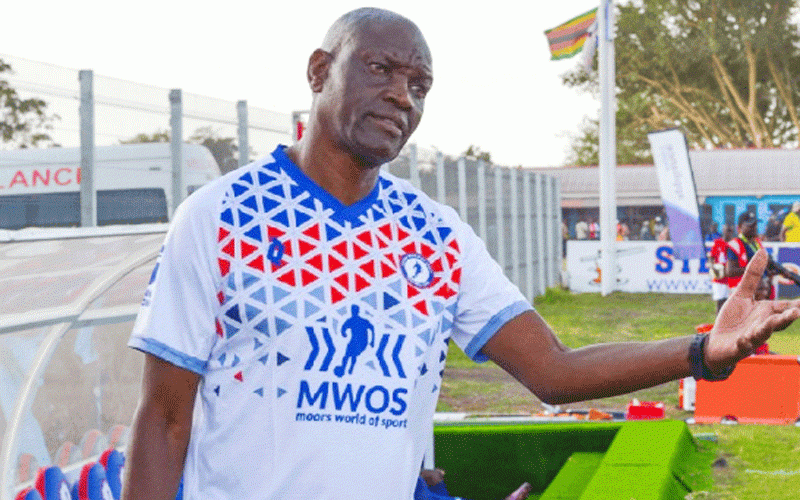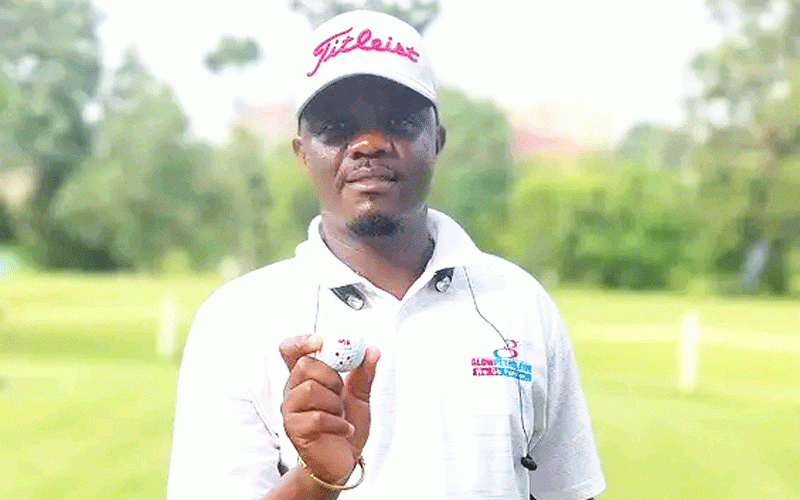
school of sport with TIM MIDDLETON
THERE is a gloriously ironic YouTube clip of two West Indian cricketers having a personal duel in the 2017 Hero CPL T20 tournament.
In a match between Guyana Amazon Warriors and Jamaica Tallawahs, Kesrick Williams celebrated the wicket of Chadwick Walton and went right up to the departing batsman, took an imaginary notebook out of his pocket and made a note of the batsman’s name, in his face, as if to say, “I have got your name, my friend! I know how to get you out!”
However, in the next match between the two teams, Kesrick Williams once again came in to bowl to Chadwick Walton, but this time the batsman hit him for four runs. In a reference to Williams’ previous antic, Walton pretended that his bat was his notebook and he made a big gesture of writing Williams’ name on it! The next ball, he hit him for another four runs and did the same with his bat, followed by the same action after every ball as he hit him for a further six, four, six, four and six!
It may appear to be a ridiculous statement to say that youngsters need to learn how to win. After all, coaches spend a great deal of time and effort gearing children up to win by developing their technical skills, tactical awareness, team spirit and fitness. Many have thus mastered the art of winning. However, what they have not mastered or very often not even been taught is to learn how to deal with the victory when it comes. The reality is that all too often children (as well as adults) do not know how to deal with winning. The tendency is to treat it with elaborate celebrations, proud bragging, loud chest-pumping, massive noise, personal taunting and demeaning mockery.
Without knowing it, Williams was demonstrating this important principle that youngsters must learn in sport (as well as in life). It is a principle that actually a poet in a previous century presented as a life mantra. It is summed up in the two lines by Rudyard Kipling in his poem called simply ‘If’: he wrote that the secret will be found “If you can meet with triumph and disaster / And treat those two imposters the same”. The way to treat a win is exactly the same as the way we should treat a loss — or to put it in other words, the way to treat losing is exactly the same as the way to treat winning.
Firstly, then, our youngsters need to learn to treat both winning and losing with perspective. Lance Armstrong, the Tour de France cycling legend-cum-cheat, identified this problem when he said, “The problem is we over-celebrate when we win and we over-react when we lose.” Winning a trophy may be delightful, but it is nothing compared to the birth of a child; losing a match is dreadful, but it is nothing compared to a death of a relative or friend. Winning must not become everything.
Secondly, our youngsters need to learn to treat both winning and losing with humility. Winning does not make anyone a better person (in fact, often it will breed arrogance which in turn can lead to complacency) while losing does not make anyone a worse person. We need to face victory and defeat with humility, with the recognition that there is still much to learn, to improve, to develop.
- Chamisa under fire over US$120K donation
- Mavhunga puts DeMbare into Chibuku quarterfinals
- Pension funds bet on Cabora Bassa oilfields
- Councils defy govt fire tender directive
Keep Reading
Our youngsters also need to learn to treat both winning and losing with respect, not least for the opposition; the “losers” did not set out to lose and will be disappointed (as we would be) so we need to show them respect, if we wish to have such respect shown to us when we lose (as lose we will at some stage). Furthermore, our youngsters need to learn to treat both winning and losing with dignity and grace; they need to learn to treat both winning and losing with gratitude, being thankful for the lessons that have been learned from both situations, thankful for the experiences enjoyed. Indeed, our youngsters need to learn to treat both winning and losing with honesty and not through coloured or prejudiced spectacles. We may need to be honest and realise we were lucky to win that match or unlucky to lose another match; we may need to be honest and accept that we put together our tactics well in a victory or that we did not do so in the defeat.
We may be familiar with the saying, “If you live by the sword, you will die by the sword.” If, like Williams, you live by the notebook, be ready to die by the notebook — if we are going to win, we are going to have to lose like that as well, so we must make sure we get it right! It will be much better to leave the notebook in our pocket and just get on with the game. Treat winning and losing the same; win with perspective, humility, respect, dignity, gratitude, honesty. That will make us a true hero.
Tim Middleton is a former international hockey player and headmaster, currently serving as the executive director of the Association of Trust Schools. Email: [email protected]











